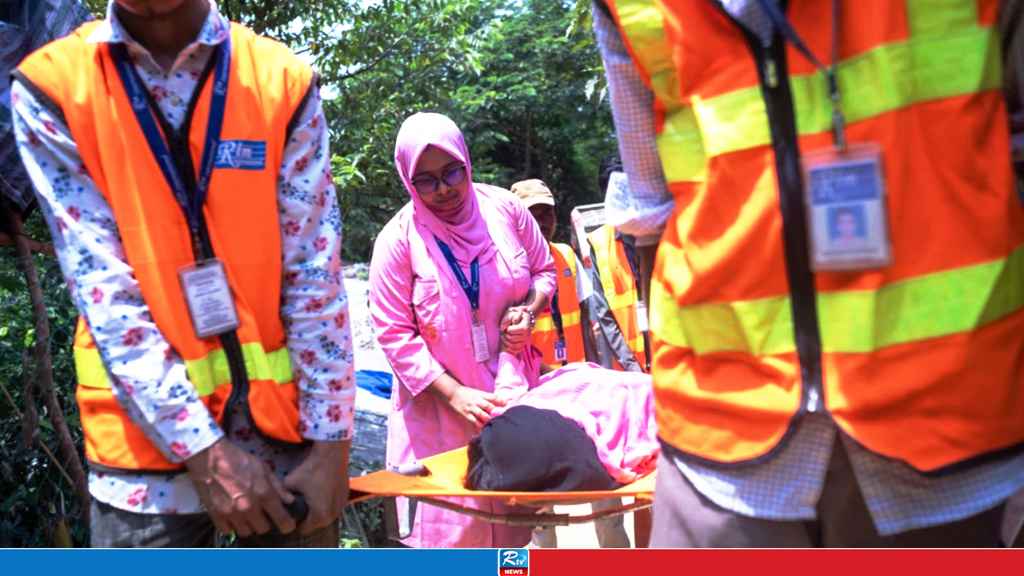Health
Midwives Play Vital Role in Crisis Response, Says UNFPA
Sunday, 04 May 2025 , 06:31 PM

Amid growing global crises, midwives are stepping into the spotlight as essential front-line healthcare workers, often serving as the only providers of life-saving maternal and newborn care in conflict zones, disaster areas, and underserved regions.
This year's theme for International Day of the Midwife, "Midwives: Critical in Every Crisis," highlights their indispensable contribution during emergencies and calls for greater investment in their profession.
"Crises don't stop pregnancies, nor do they pause the need for contraception, prenatal care, or emergency deliveries," said Dr Natalia Kanem, Executive Director of the United Nations Population Fund (UNFPA) on International Midwifery Day 2025. "In fact, these situations magnify the need for sexual and reproductive health services— and midwives are often the only ones reaching those in need."
According to UNFPA, women in crisis zones are twice as likely to die from pregnancy-related complications due to restricted access to medical services. Despite facing dangerous conditions, resource shortages, and personal safety threats, midwives continue to serve their communities with dedication and courage.
Yet, even as they deliver for others, midwives are being left behind. A global shortfall of nearly one million midwives persists, and recent cuts to humanitarian and development funding threaten to widen the gap. Poor infrastructure, low salaries, and limited supplies remain persistent obstacles in many regions.
To address these issues, UNFPA, in partnership with global health organisations such as the International Confederation of Midwives, UNICEF, Jhpiego, and the World Health Organisation, has launched a global "Midwifery Accelerator." This initiative aims to enhance midwifery education, leadership, and workforce deployment across more than 125 countries.
"The facts are clear," said Dr Kanem. "Midwives can deliver 90 per cent of essential sexual, reproductive, maternal and newborn health services— even in the most challenging settings. If universally supported, they could help save over 4.3 million lives annually by 2035."
The message is clear: investing in midwives is investing in the health, safety, and future of women and families, especially in times of crisis.
